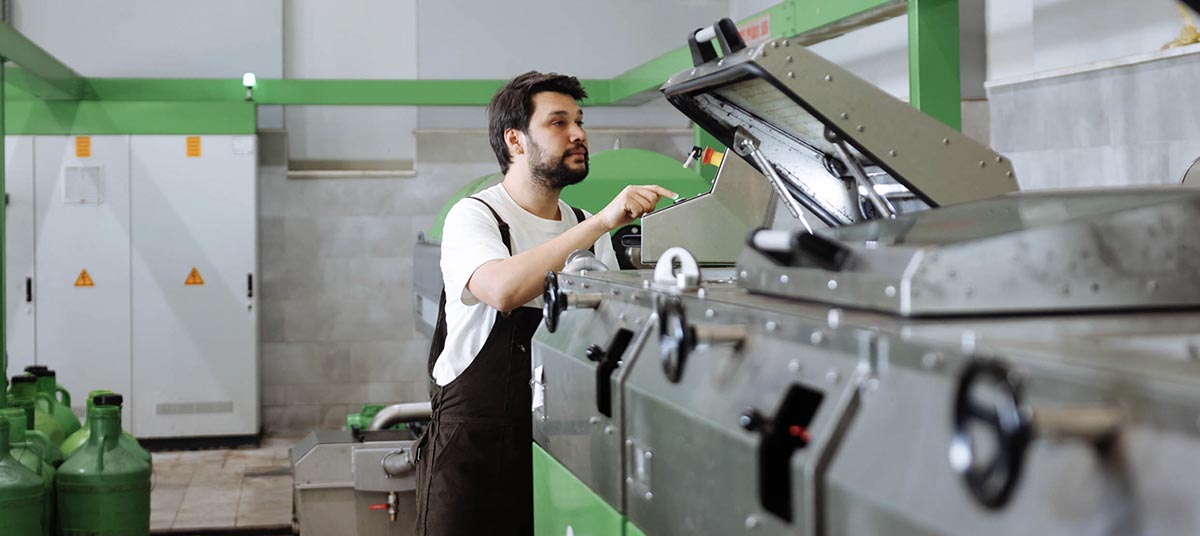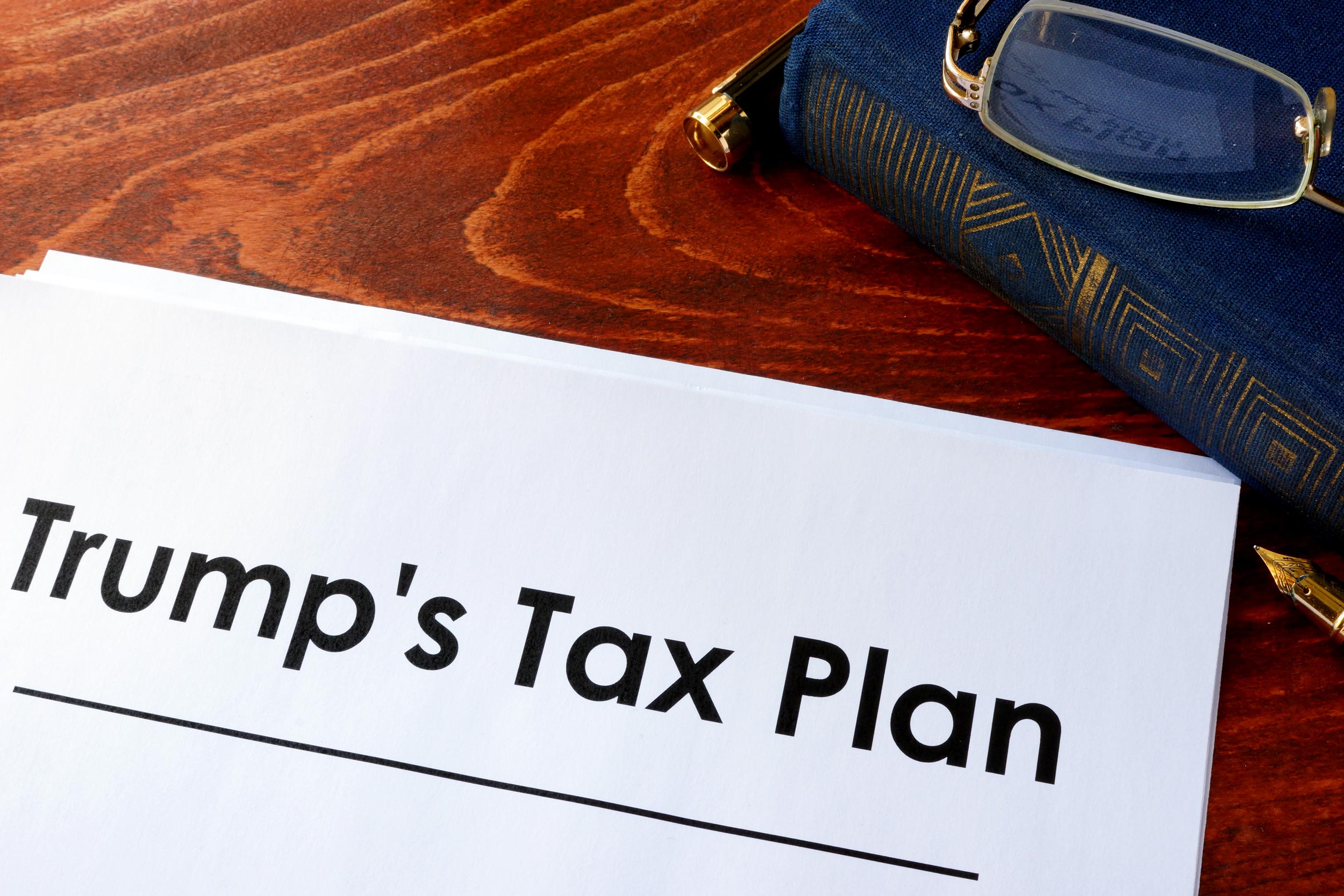Blog
We keep you up to date on the latest tax changes and news in the industry.
Maximizing Business Savings: The Return of 100% Bonus Depreciation and New Expensing Rules

The recent revival of bonus depreciation at 100% is a significant advancement in U.S. tax policy, designed to stimulate economic activity and encourage capital investment. This change, solidified by the "One Big Beautiful Bill Act" (OBBBA), revisits principles initially emphasized in the 2017 Tax Cuts and Jobs Act (TCJA). The focus on bonus depreciation is particularly relevant in the wake of COVID-19's economic disruptions. In this article, we delve into the benefits, historical foundations, qualifying criteria, and strategic implications of bonus depreciation, alongside the latest updates in its policy framework.
Historical Context: Stimulating the Economy through Tax Benefits -
Bonus depreciation emerged with the Job Creation and Worker Assistance Act in 2002, allowing businesses to swiftly deduct a significant portion of qualified property costs. Initially pegged at 30%, it was later scaled up to 50% and eventually reached 100% during critical economic periods. The TCJA introduced a temporary 100% first-year deduction for qualified property to drive business investments. However, this benefit began phasing out after 2023 and was slated to cease by 2027. The new legislation permanently reinstates this deduction, a significant boon for long-term business planning.
The TCJA introduced a temporary 100% first-year deduction for qualified property to drive business investments. However, this benefit began phasing out after 2023 and was slated to cease by 2027. The new legislation permanently reinstates this deduction, a significant boon for long-term business planning.Immediate Tax Advantages and Strategic Considerations -
Bonus depreciation enables organizations to deduct the full cost of assets in the year they're activated, improving cash flow by reducing taxable income. This makes planning essential, particularly regarding the Section 199A deduction, which relates to qualified business income (QBI). Large write-offs might reduce an entity's profits, impacting the 199A deductions. Conversely, lowering taxable income may help circumvent some phase-outs related to this deduction.Understanding Qualifying Criteria -
Generally, bonus depreciation applies to tangible property with a recovery period of 20 years or less, software, utility, and qualifying improvements. For instance, business vehicles have a five-year recovery period, while most office equipment involves seven years. Real property is excluded due to its longer recovery period.
Significantly, the TCJA allowed both new and pre-owned qualifying property to apply, enhancing second-hand investments. However, certain public utilities and vehicle dealer properties are exempted, adding complexity.Qualified Improvement Property Challenges -
The TCJA mishap initially left out qualified improvement properties like leasehold, restaurant, and retail upgrades. The CARES Act corrigibly amended this, integrating these properties into bonus depreciation eligibility under a 15-year Modified Accelerated Cost Recovery System (MACRS) recovery period.Revocation Rules and AMT -
Revoking bonus depreciation typically requires IRS consent unless the revocation happens within six months on an amended timely return. One favorable aspect is that AMT doesn’t alter property with claimed bonus depreciation, unifying AMT depreciation relief with regular tax objectives.
Specific Rules for Luxury Automobiles -
The TCJA outlines special conditions for "luxury autos," providing an $8,000 depreciation limit enhancement during bonus depreciation periods. This remains unchanged under the OBBBA.
Complexities emerge with related party rules and Section 179 application, which necessitates pre-bonus depreciation adjustments.OBBBA’s Solutions and Newly Added Continuity -
The reinstated bonus depreciation by the OBBBA aids businesses with 100% deduction for qualified property acquired post-January 19, 2025, with a 40% deduction for new property in service between January 1, 2025, and January 19, 2025. Such consistency empowers businesses for strategic investments aligning with national economic growth strategies.Expanding Production Capabilities with the Qualified Production Property Scheme -
Preceding the OBBBA, expensing for nonresidential real property spanned 39 years. Bonus depreciation was scarce for real estate, focused instead on tangible personal property.
Post-July 4, 2025, the OBBBA allows a complete cost deduction for new factories and specific improvements. Designated "qualified production property" must adhere to criteria such as usage in a qualified activity, initial use by the taxpayer, and construction timelines for eligibility. Exemptions apply to office spaces, administration, and similar activities.Production Machinery Benefits -
Even machinery not qualifying as "qualified production property" under these new rules still benefits from the 100% bonus depreciation reinstated by OBBBA, supporting investments in manufacturing equipment.Qualifying Production Activities Explained -
Defined as processes that significantly transform properties, mainly in manufacturing or refining, eligible activities exclude specific agricultural and chemical productions. Recapture rules may apply if property use shifts within a decade of being placed in service.
The enduring provision of bonus depreciation ensures companies continue benefiting from immediate tax savings, incentivizing asset acquisitions. Businesses should strategize accounting for QBI, AMT, and other complexities to maximize these benefits. With legislative clarity and strategic importance, bonus depreciation supports sustainable economic development, offering especially advantageous opportunities for both large and small-scale manufacturers in the U.S. For specific guidance on leveraging Bonus Depreciation for your business, be sure to consult with a qualified advisor.
Sign up for our newsletter.
Each month, we will send you a roundup of our latest blog content covering the tax and accounting tips & insights you need to know.
We care about the protection of your data.